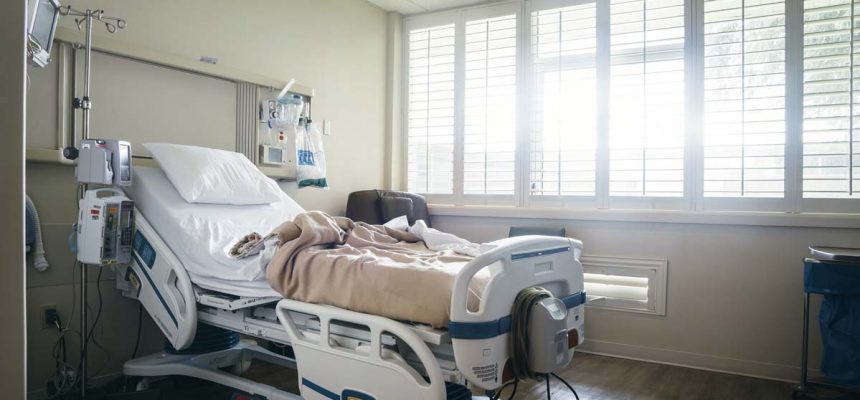Same Insurance, Same Hospital, Different Bills
By Consumers For Quality Care, on May 1, 2019

Layla Parast and Erin Tylor felt lucky to have each other when they both were pregnant with their first children in 2014. Both women have doctorates and worked at Rand Corporation’s headquarters in Santa Monica, CA analyzing health care issues, NBC reports. Together, the women used their backgrounds in health care, and their friendship, to navigate prenatal care and try to unlock the nation’s often confusing health care system.
“The main concern,” Taylor said, “actually was finding the hospital that was in our insurance network because we both had the same insurance through our company.”
Both women decided to deliver their children at UCLA Medical Center in Santa Monica. Parast went into labor first and had what she describes as a “pretty textbook” delivery. She says that when the pain got unbearable, she opted for an epidural. She delivered her son a few hours later. A few weeks later, Taylor went into labor. Taylor also received an epidural, but unlike Parast, the delivery took a while longer.
“It was a particularly painful process in the end,” Taylor said, “but [my son] was perfectly healthy, and everything turned out just fine.”
Both Taylor and Parast expected that their insurance would cover the majority of their delivery-related costs. They expected that having same insurance, from the employer, and being treated at the same hospital would result in similar bills for their care. But then, Parast received a $1,600 anesthesiologist bill.
“I remember telling my husband, ‘This seems really strange. Why would I get this big bill?'” Parast said. “I didn’t want to get reminders and have it go to collections if I tried to figure out what was going on, so I just paid it and thought, ‘I’ll figure this out later.'”
Parast warned Taylor to be on the look-out for a similar bill. Taylor was confused by the warning – they were at an in-network hospital. In the end, Taylor did not need to be concerned. Her anesthesiologist was in-network, so she never received a similar bill. Still, she had trouble wrapping her mind around her friend’s misfortune.
“Here’s an in-network hospital. Why in the world would we expect an anesthesiologist bill for the epidural?” Taylor said. “Both of us actually had the epidural put in, in the middle of the night and who’s going to stop and think to ask the particular doctor or anesthesiologist that came into the room, you know, ‘Excuse me, are you on my insurance before you do this to me because I don’t want to get a big bill in the mail?'”
Parast says that when she tried to correct the bill the hospital representative repeatedly told her that she “chose an out-of-network provider.” She says she did not choose anything – she just received an epidural while in labor.
“I had no idea that out-of-network providers could be in an in-network hospital,” Parast said. “I thought if you chose an in-network hospital, everyone in the hospital’s in network.”
Like four in ten Americans, according to Kaiser Family Foundation, Parast found herself with a surprise medical bill. The doctor who provided the epidural, Dr. Ronald Wahlig, says that he usually tries to inform patients that he is out-of-network, but isn’t always able to. Dr. Wahlig says that he often works with out-of-network patients to try and resolve bills.
While Parast did not contact Dr. Wahlig’s office, she was able to get her money back from her insurance company. She says that if it were not for Taylor, she wouldn’t have known she should fight the bill.
“If there had been any kind of difference in, you know, a different hospital, or a different insurance, or anything, I would have maybe thought it was that,” she said, “but everything was the same.”
Taylor said, “That’s a failure in the system to protect consumers and help them understand what they’re facing or what they might potentially face.”



